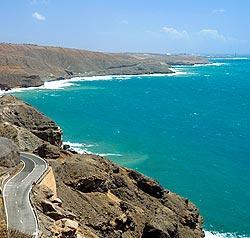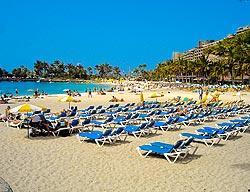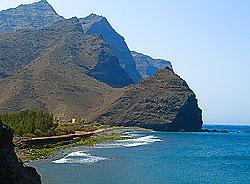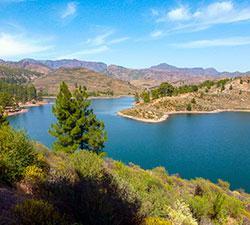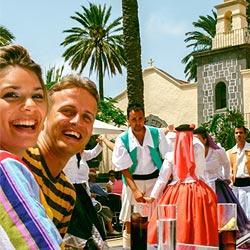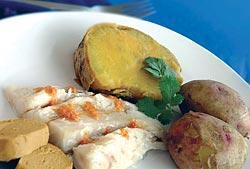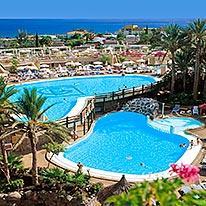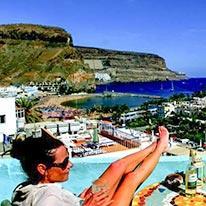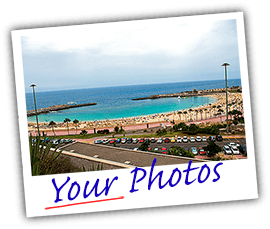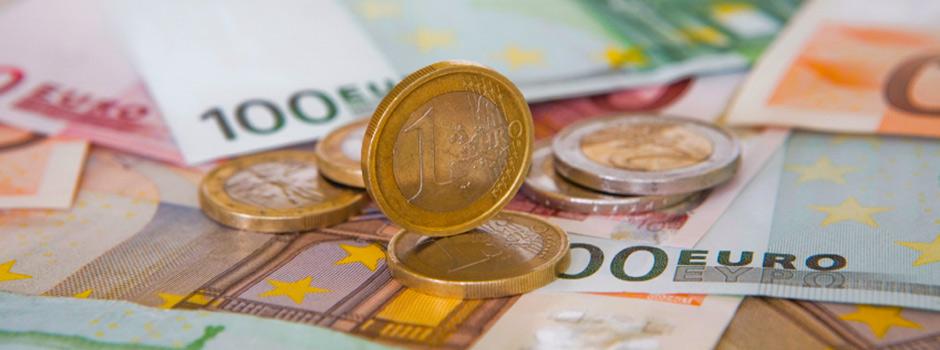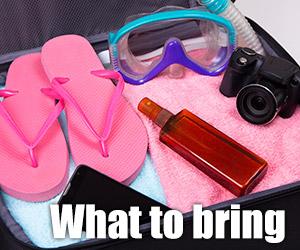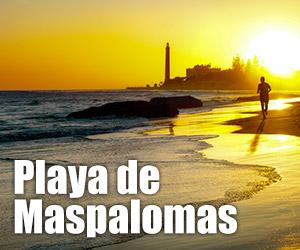Spain – inclusive of the Canary Islands – introduced the Euro as legal tender in January 2002. The peseta ceased to be legal tender in June 2002. There are notes of 5, 10, 20, 50, 100, 200 and 500 Euros and coins of 1, 2, 5, 10, 20 and 50 cents, 1 and 2 Euros.
The use of major credit cards is widespread among local shops, making shopping easier. This is also the easiest way of having money without having to carry large amounts of cash, which minimises the damages in case of loss or theft. Credit card holders, and indeed debit card holders too, will need to present a valid picture ID however when purchasing goods with a card, like a driving licence or passport.
You will always require your passport to change money and banks will, without fail, charge a commission fee. Most hotels, travel agents and exchange offices - cambios - will also change your money but at a higher rate than the bank. You can also withdraw cash from an ATM using your credit or debit card (some banks will charge their clients for this service).
Travellers Cheques are safe and easily cashed at banks and exchange offices throughout Gran Canaria. Remember that you should keep the bank receipt listing the cheque numbers separate. If any of your cheques are stolen, this will be of great help.
Most banks usually open from Monday to Friday from 08.00 to 14.00. Some banks extend their opening hours one day in the week and some open on Saturday mornings too. Confusingly, there are also different opening hours during Christmas, Carnival times and in the summer.
Click here to view an online currency converter.



